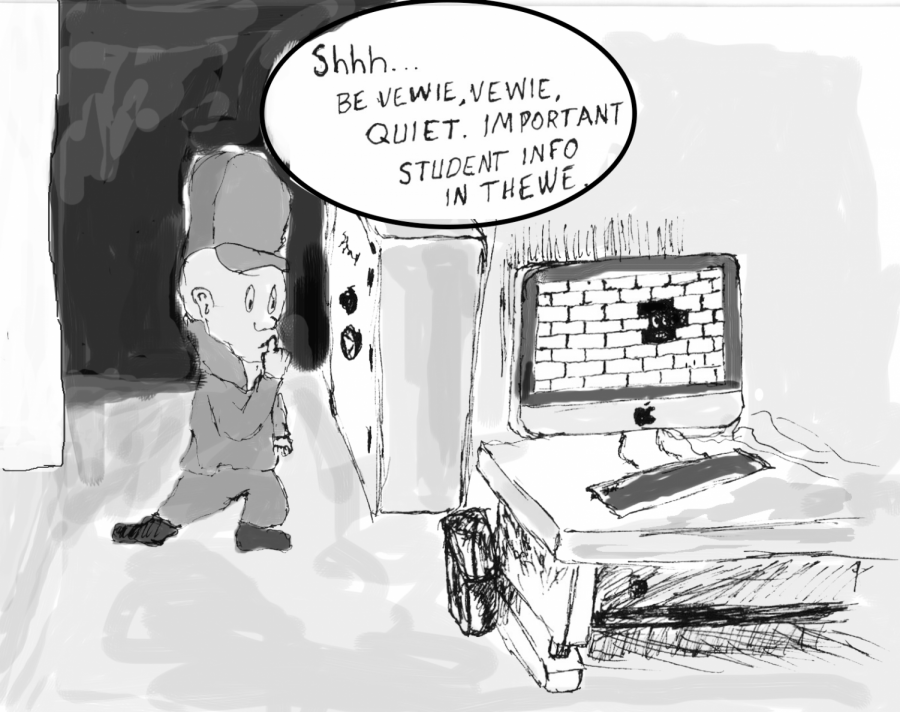Firewall update lifts restraint
Mar 21, 2018
Last November, the Contra Costa Community College District upgraded the firewall to protect servers which store the personal information of more than 50,000 students enrolled across all three of the district campuses.
The move, which brought much consternation to students, was not announced by the district or campus officials and left many with the feeling that the district was overreaching its boundaries by blocking popular, but questionable, websites that students regularly explore.
When attempting to access the restricted websites, students received a message stating the sites were blocked because it was not “in accordance with company policy.”
However, a 2017 report by the Better Business Bureau listed online shopping as the activity most directly linked to fraud.
As of today, many of the sites that were initially labeled restricted have been made accessible again.
Initially, it was believed that the colleges imposed the restrictions, but Contra Costa College Technology Systems Manager James Eyestone said, “The district installed a new firewall recently and the college placed no new restrictions on website access.”
Issues surrounding the sacrifice of personal freedom and maintaining effective security measures drive much of the conversation in today’s media cycle. But the difficulty lies in where these to staples of American life intersect.
It is a common practice for business and state entities to upgrade their cybersecurity systems to keep at bay, hackers, key-loggers and Trojans that attack through unpatched security holes.
“The district regularly upgrades its firewall to protect student information,” Executive Vice Chancellor of Education and Technology Mojdeh Mehdizadeh said. “Just look at what happened in Southern California, then you’ll see why it’s so important.”
The district blocked certain sites not because of their content, but because of the potential risk they may propose.
According to reporting in the Los Angeles Times, the Los Angeles Community College District paid a $28,000 ransom in bitcoin in January of 2017 to hackers who took control of a campus email and computer network until a payment was made.
The cyberattack was detected at Los Angeles Valley College on Dec. 30, 2016 after a virus restricted administrative access to the campus’ computer network and its email and voicemail system.
Nine months later, at Cabrillo College in Aptos, a hack into one of the college’s servers exposed the personal information of 40,000 students as information was accessed that dated back as far as 2009.
Both data breaches went largely unreported and without proper notification to students by district or campus administrators, the subsequent website blockages seemed to be an unwarranted overreach.
“I didn’t notice anything different, but I think the college should do all it can to protect students’ personal information,” humanities major Warren Samuels said. “I really don’t use the Wi-Fi here on campus because the service isn’t that good. It isn’t really faster than using my phone on its own network.”
Samuels’ sentiment was common among students at CCC. Many had no idea that there was any interruption to some of the websites people regularly frequent.
In the Library, the blockages also went largely unnoticed.
Librarian Amanda Choi said she hadn’t received any complaints from students about sites that they attempted to access on the public computers in the Library being blocked.
“I’m not sure if many students knew,” she said.
Choi said she accesses the internet through the faculty Wi-Fi and rarely uses the student network.
“At one point I was on the general Wi-Fi and couldn’t access some of my social media sites, but that’s the only problem I’ve ever had,” she said.



